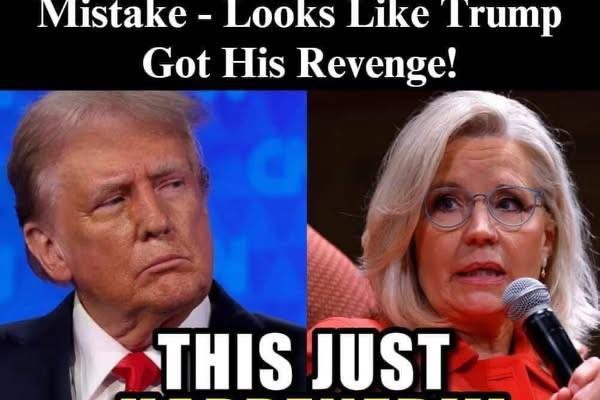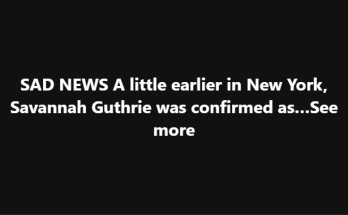The Republicans formed a new committee to examine the functions and activities of the January 6 Committee, with Cheney appointed as co-chair and a panel mainly consisting of Democrats selected by former Speaker Nancy Pelosi of California, shortly after conceding their narrow majority last month under the guidance of House Speaker Mike Johnson (R-La.).
In recent years, investigations have indicated that the committee prioritized political considerations over the underlying factors of the January 6, 2021, insurrection at the U.S. Capitol. It has been suggested that committee members may have suppressed evidence to shift the blame onto Trump.
Cheney was vocal in her condemnation of Trump during the committee’s sessions. In a speech delivered in June 2022, she cautioned her party members, saying, ‘A day will arrive when Donald Trump is no longer present, yet your disgrace will persist.’
In December 2024, the Subcommittee on Oversight of the House Administration, chaired by Representative Barry Loudermilk (R-GA), released a report suggesting that Cheney should be investigated for potential witness tampering. The report alleges that she engaged in unethical communications with Cassidy Hutchinson, a former aide to the White House, during the committee’s inquiry.
On January 20, just prior to his departure from office, President Biden granted preemptive pardons to members of the January 6th Committee, including Cheney, to shield them from potential political retaliation by the incoming administration. Biden stated that these pardons recognize their contributions rather than imply any wrongdoing.
Legal scholars have highlighted a notable limitation of presidential pardons: they remove the protection against self-incrimination provided by the Fifth Amendment for the individual receiving the pardon.
Individuals cannot be compelled to testify against themselves in criminal cases, as stipulated by the Fifth Amendment. The Supreme Court case Brown v. Walker, decided in 1896, set a significant legal precedent indicating that once a pardon is issued, the individual receiving it forfeits the right to invoke this privilege, since the pardon effectively removes the criminal responsibility linked to the offense.
The Cowboy State Daily was the first to cover the potential legal consequences for Cheney and the implications of a presidential pardon on her capacity to evade testifying. This suggests that if subpoenaed by the new subcommittee, Cheney may be legally obligated to provide testimony concerning her role in the January 6 investigation.
During a recent podcast interview with Tucker Carlson, a former Fox News personality, journalist Matt Taibbi expressed that President Biden’s preemptive pardons for individuals such as Cheney and Dr. Anthony Fauci could potentially have adverse effects in certain circumstances.
The issue with these pardons lies in their improper execution. In response to allegations that Biden preemptively pardoned several individuals likely involved in criminal activities, Taibbi remarked, ‘If you wish to understand the situation, they have significantly simplified our ability to uncover the truth.’ Taibbi, referencing legal experts he has consulted, noted that these pardons would not protect individuals if they were discovered to have committed perjury or if they sought to invoke the Fifth Amendment.
Once a pardon is granted, the individual forfeits the right to invoke the Fifth Amendment. They are compelled to testify, as they cannot exercise their Fifth Amendment rights when summoned before a grand jury or congressional committee, as explained by the journalist.
He further elaborated on the intrigue of this situation, stating that discussions with criminal defense attorneys, former Senate investigators, and some current Senate investigators have yielded a consensus. ‘Issuing a pardon to someone who is trying to hide something is so illogical that it would only be justified in cases of extremely serious offenses, wouldn’t you agree?’


